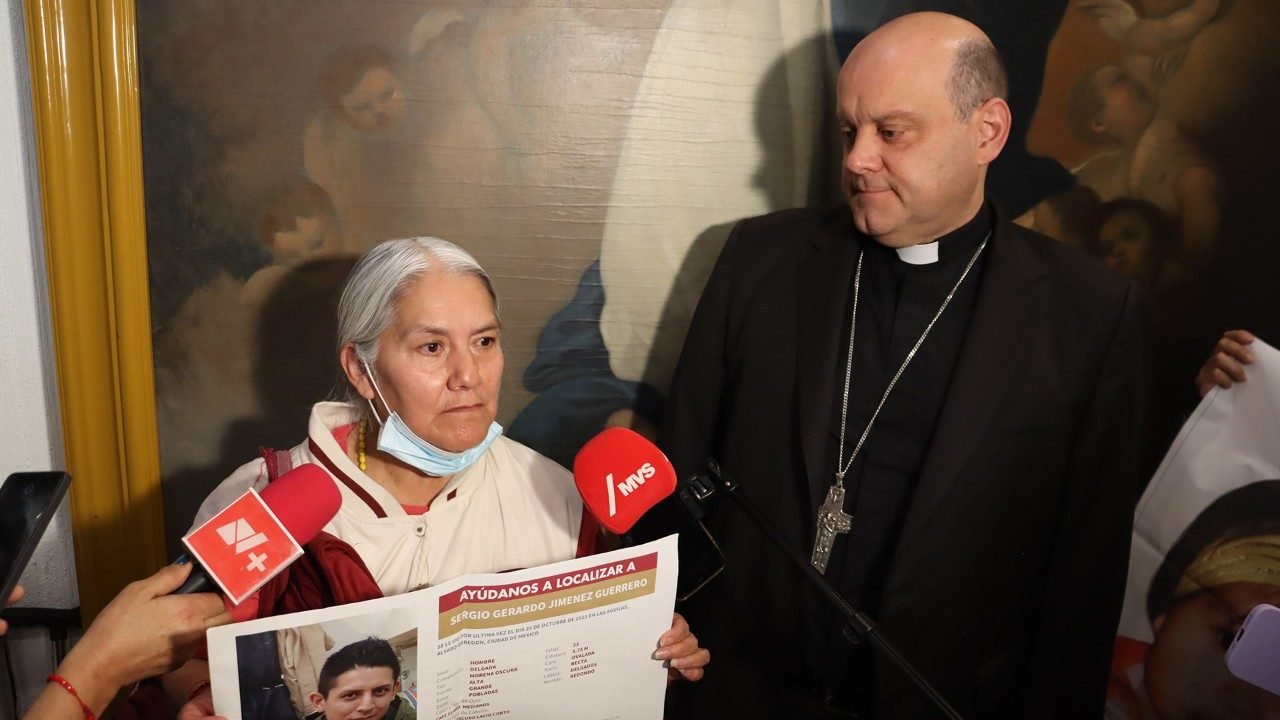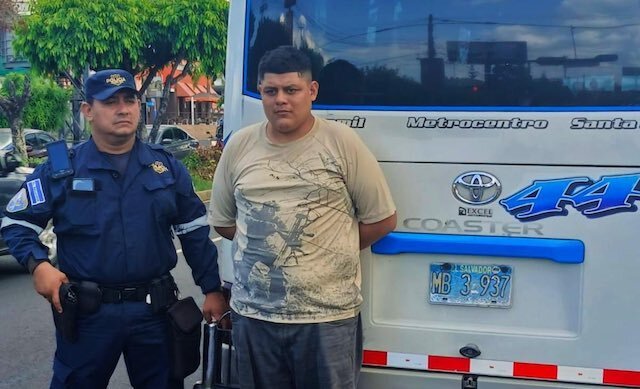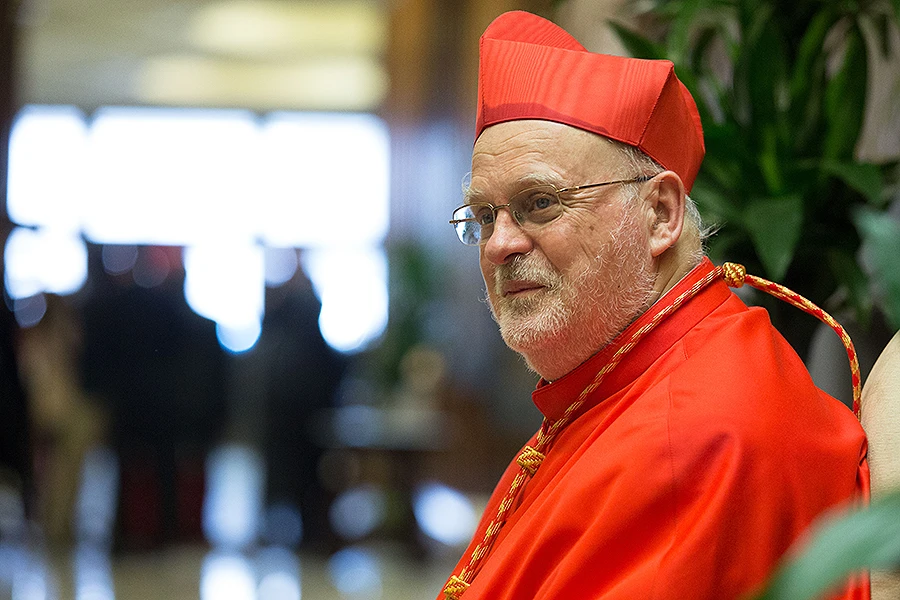The Auxiliary Bishop of the Archdiocese of Mexico City, Monsignor Francisco Javier Acero, issues an appeal to political authorities and all sectors of society to engage in dialogue and cooperate in locating the thousands of people who have gone missing in recent decades amid rising criminal violence.
By Felipe Herrera-Espaliat
No longer relying on the State or police to find their missing loved ones, more than 200 groups of mothers and fathers, known as searchers, now dig with their own hands in vacant lots across Mexico. These families, living in anguish, act on anonymous tips about the locations of clandestine graves. Many such leads come through so-called “Peace Boxes,” installed in parishes throughout the country, where people can submit information anonymously. According to Mexico’s Ministry of the Interior, over 125,000 people have disappeared since 2006.
The Catholic Church, along with other organisations, accompanies these families in their pain and struggle, knowing that most of the disappeared have likely fallen victim to drug cartels or narco-political retaliation. Others may have been caught in the illegal human organ trade, which would explain the high number of young people, including children and infants, among the missing.
Bishops express outrage and grief
In March, national shock followed the discovery in Jalisco State of a site used by criminal groups as both a training ground and an extermination camp, complete with crematory ovens. Hundreds of charred human remains and over 1,800 personal items—including clothing, shoes, backpacks, and notebooks—were recovered at the so-called “Ranch of Horror.” Families were outraged to learn that police had previously dismissed the site’s significance.
Mexico’s Episcopal Conference swiftly condemned the crimes as crimes against humanity, calling on authorities to break ties between drug trafficking and political sectors. Bishop Acero, who in 2024 helped launch peace dialogues in Mexico, meets monthly with groups of searching mothers, creating spaces for empathy, mutual support, and the sharing of new information.
Read the full interview with Bishop Francisco Javier Acero:
How do the “Peace Boxes” work?
They are mailboxes placed in parishes where people can write anonymously. If someone has seen suspicious activity on a property, they can submit the address. We read all submissions during our monthly meetings. Thanks to these tips, we have discovered burial sites and even rescued kidnapped individuals.
Do you engage with authorities or focus solely on supporting families?
Our appeal is to all sectors of society. In the face of Mexico’s situation, our mission is to build bridges, including with the government. Although some dialogue has begun, there is a risk that it may overlook the suffering of these families or trivialise their pain. Yes, a search commission exists, but I believe the issue lies in how it’s structured, it lacks deep listening. We ask only that authorities listen to the searching mothers, fathers, and siblings who can’t grieve without the remains of their loved ones. We seek ongoing dialogue, not polarisation. Our commitment is rooted in the Gospel; we listen to these families as Jesus would have.
What bridges have you already built?
We act as mediators for peace, creating links between families and raising awareness, from parish communities to public authorities. Dialogue has begun, but now we must follow through on the commitments made in last year’s peace dialogues.
What do you hope from the Church’s pastors in response to this tragedy?
One concrete request from the mothers is that priests mention the names of the missing during Mass. I know many bishops are quietly supporting these families in high-risk areas, helping share information while protecting both priests and loved ones. The next step is greater coordination among dioceses, just as we are doing at the provincial level, to strengthen our networked response.







